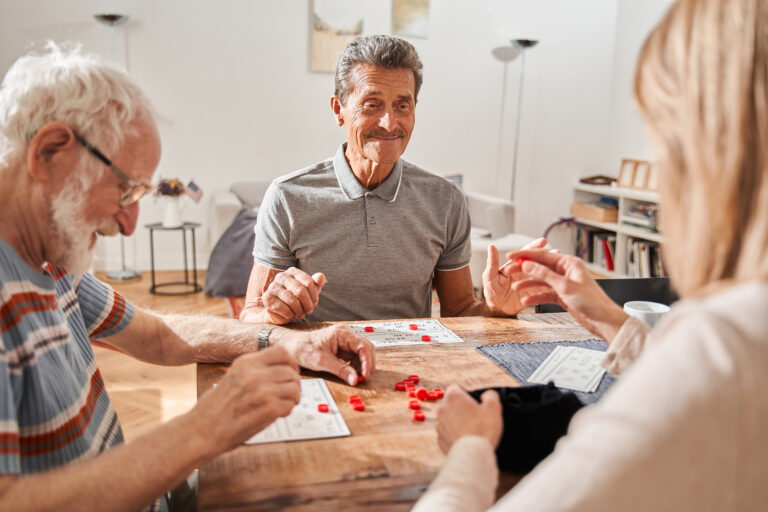Stress eating, also known as emotional eating, is when you eat not because you’re hungry but because you’re feeling stressed or upset. After the age of 30, avoiding stress eating becomes especially important for your health and well-being.
As we get older, our bodies change. Metabolism slows down naturally after 30, meaning we burn fewer calories at rest than when we were younger. When stress triggers overeating—especially of sugary, fatty, or salty comfort foods—those extra calories can quickly add up to unwanted weight gain. This weight gain increases the risk of developing serious health problems like type 2 diabetes and heart disease over time.
Stress itself affects your body in many ways beyond just making you want to eat more. Chronic stress causes your body to release cortisol, a hormone that makes you crave high-calorie foods as a survival mechanism from ancient times when food was scarce during danger. But today’s stresses don’t require extra energy in the same way; instead, this hormonal response leads to unhealthy eating habits that don’t meet real nutritional needs.
Eating emotionally may provide short-term relief by distracting from negative feelings or giving a momentary sense of comfort. However, it doesn’t solve the underlying problems causing stress and often leaves people feeling guilty or embarrassed afterward. This cycle can harm mental health by increasing anxiety and sadness rather than reducing them.
Besides weight gain and mental strain, long-term stress combined with poor eating habits can worsen physical symptoms such as headaches, stomach issues like indigestion or bloating, skin problems including rashes or acne flare-ups—all signs that your body is struggling under pressure.
When you avoid turning to food for comfort after 30:
– You reduce risks linked with excess weight such as heart disease and diabetes.
– You improve digestion since emotional overeating often disrupts normal gut function.
– Your mood stabilizes better without the highs and lows caused by sugar crashes.
– You develop healthier coping mechanisms for dealing with life’s challenges.
– Your overall energy levels improve because nutrient-rich meals replace empty-calorie snacks.
Instead of reaching for snacks during stressful moments:
– Try physical activity like walking or stretching which helps lower cortisol naturally.
– Practice mindfulness techniques such as deep breathing or meditation to calm your mind.
– Connect with friends or family members who support healthy habits.
– Focus on balanced meals that nourish both body and brain consistently throughout the day.
After 30 years old is a pivotal time where taking care of yourself means more than ever learning how to manage stress without relying on food cravings triggered by emotions alone. Breaking free from stress eating sets you up for better health physically and mentally in all years ahead—helping you feel stronger inside out without unnecessary struggles caused by unhealthy patterns formed under pressure.





